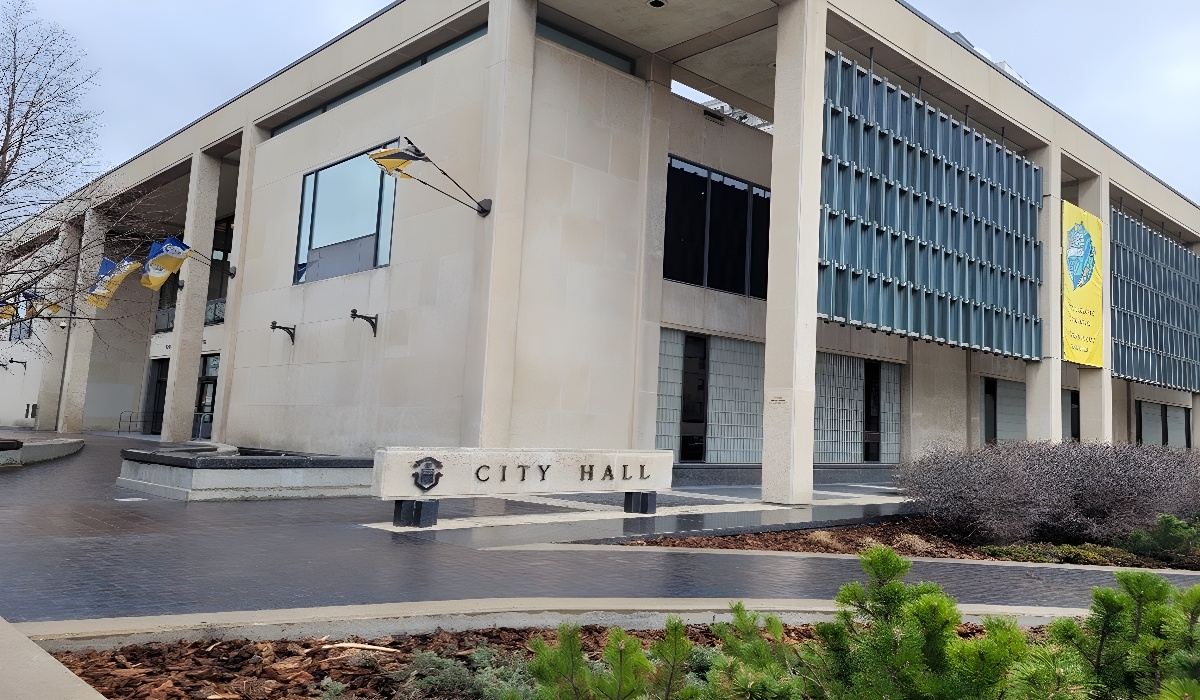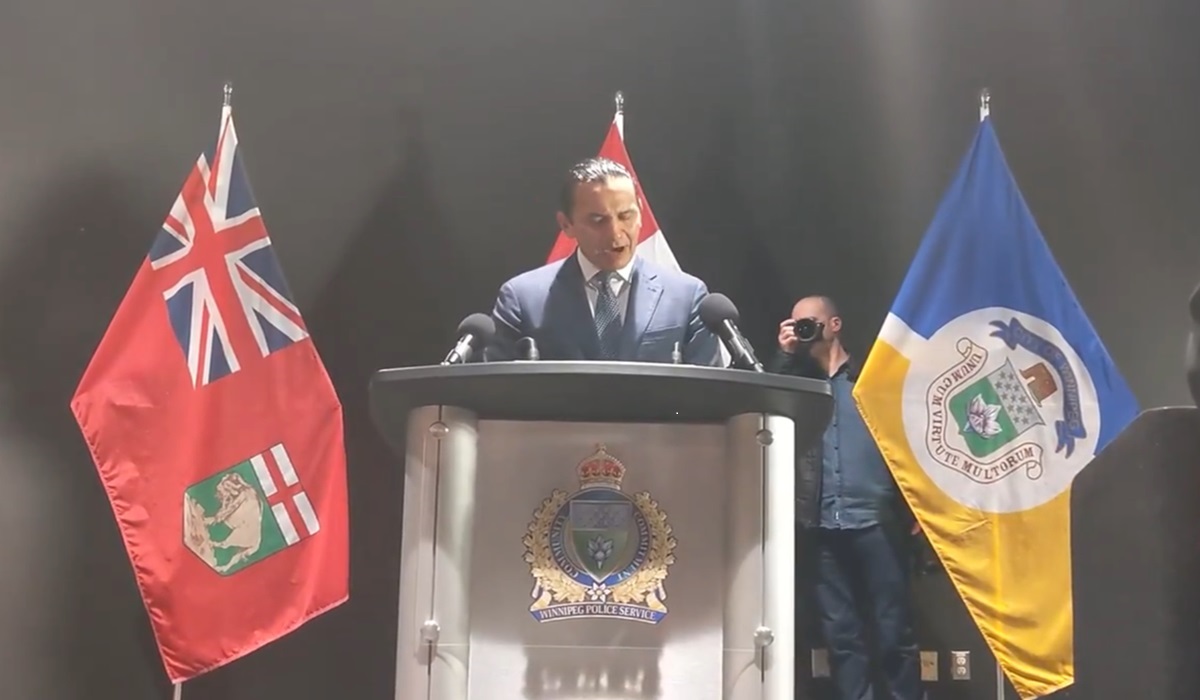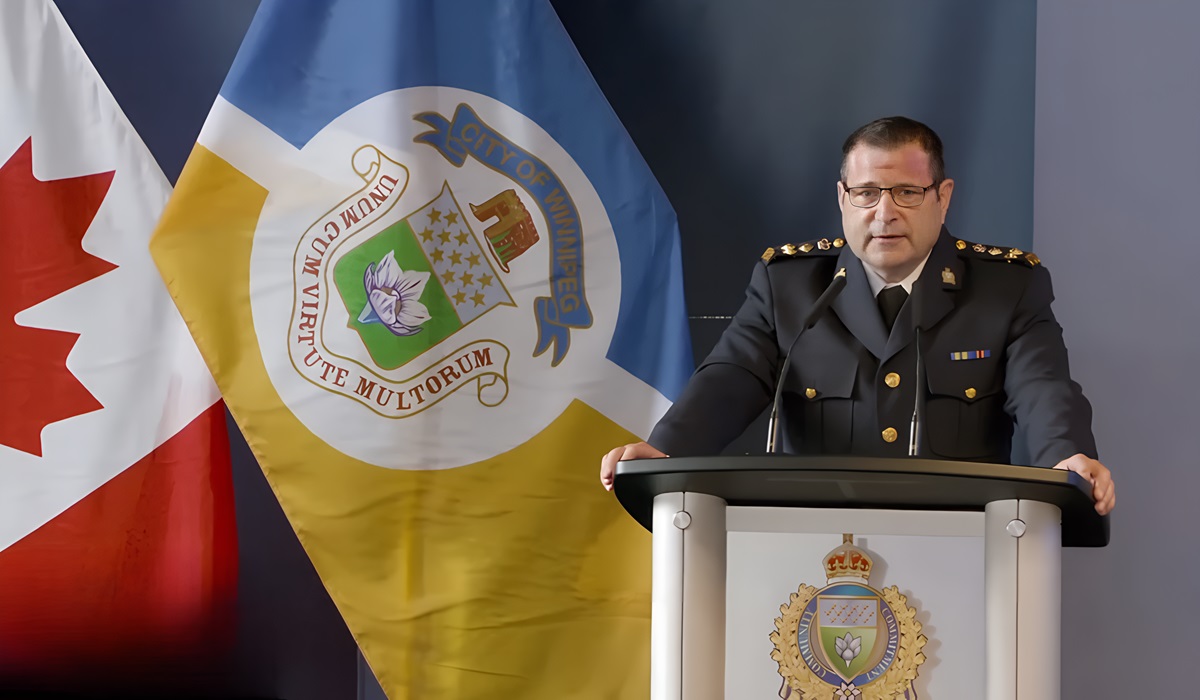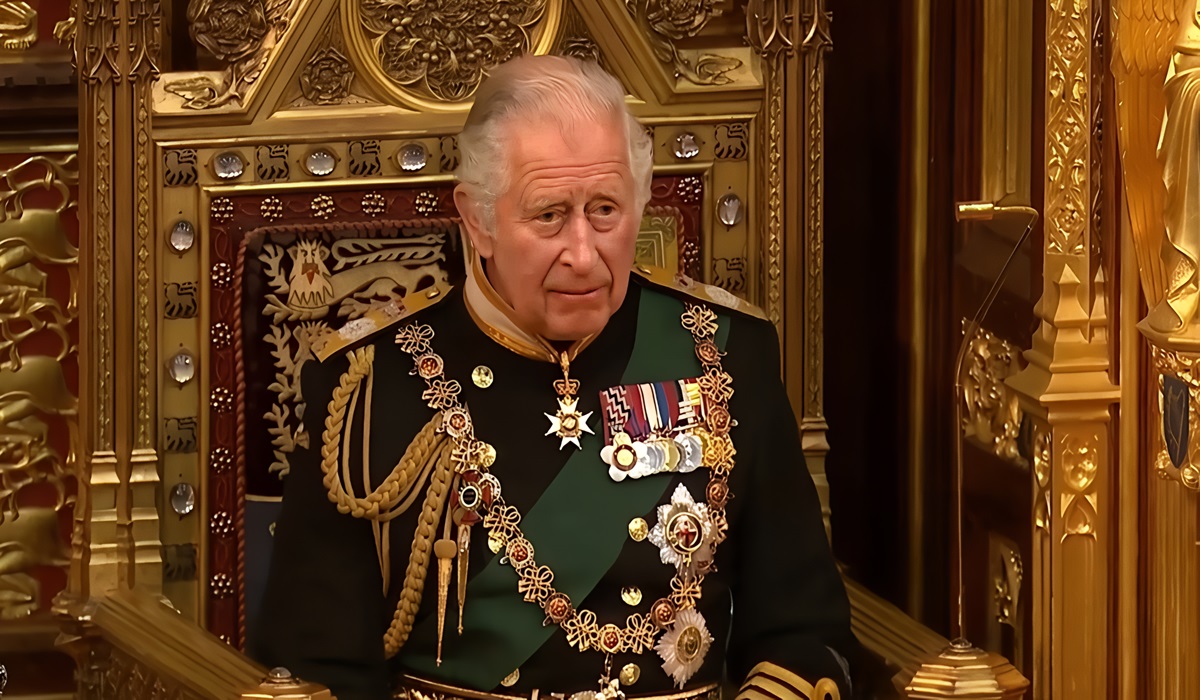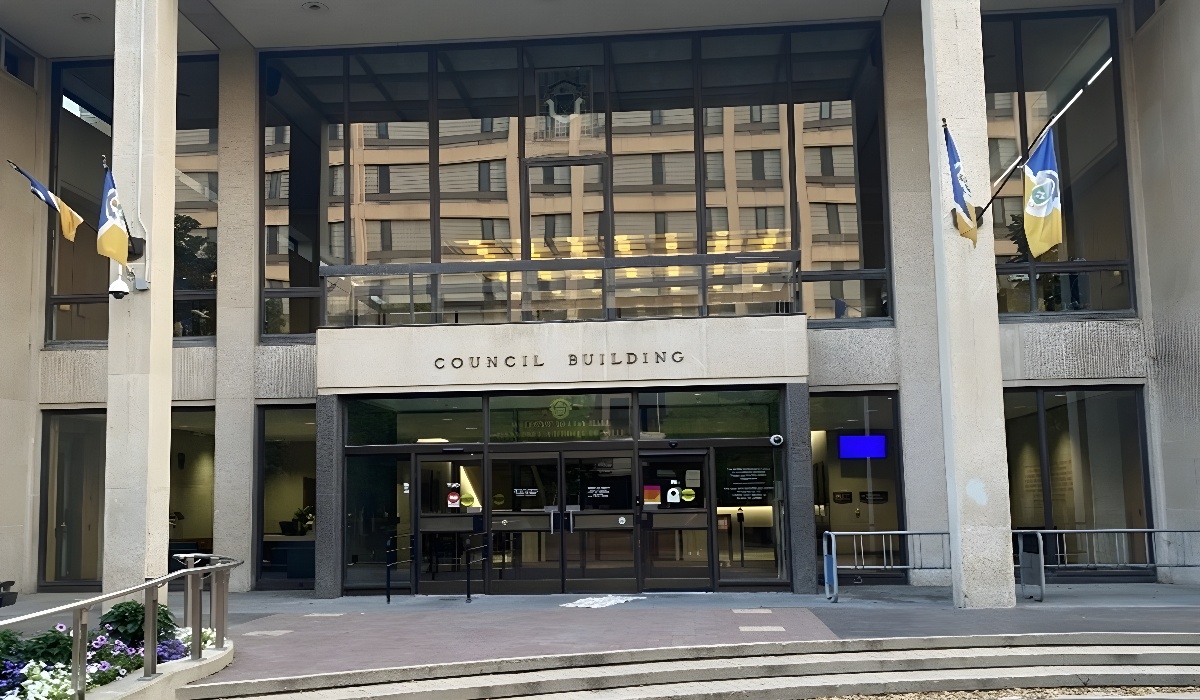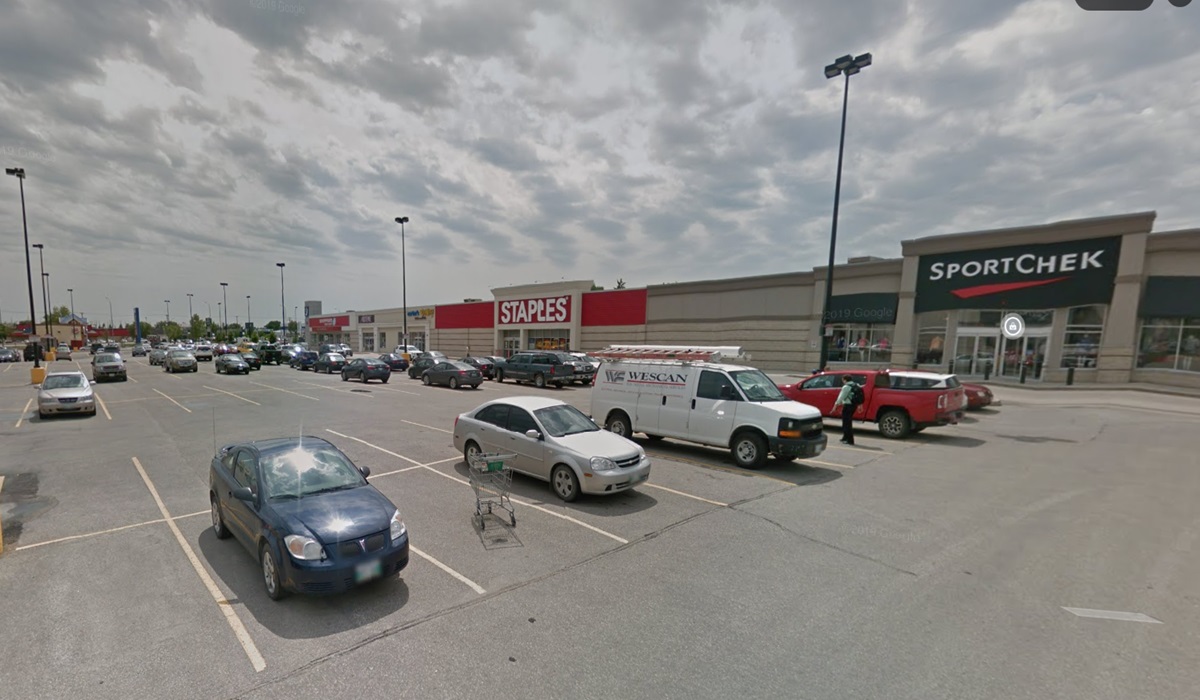The City of Winnipeg’s treatment of Gem Equities and its developer, Mr. Andrew Marquess, has raised serious questions among citizens about potential bias or obstruction by city officials. The extended delays and unanswered concerns surrounding the Parker Lands development, as highlighted by former mayoral candidate Don Woodstock, have intensified scrutiny on the city administration’s actions, particularly concerning Councillor Orlikow. Despite persistent inquiries, satisfactory responses from the administration remain elusive, leading to doubts about its commitment to transparency and accountability.
Woodstock’s concerns mainly revolve around the administration’s reluctance to address pressing inquiries into its officials’ conduct, particularly regarding Orlikow. The suspension of investigations until the appeal process concludes has only fueled public skepticism about the city’s ethical standards and accountability mechanisms. The lack of clarity and transparency in regulatory enforcement, especially regarding building requirements near railway tracks, has further compounded these concerns.
Moreover, the sudden imposition of new railway distance regulations on Mr. Marquess’s project raises eyebrows. Who decided that these regulations should apply to him, and why are they not being applied consistently to other properties? It raises suspicions about the city’s motives and treatment of Gem Equities. Why isn’t Mr. Marquess being grandfathered in, especially when his project had already been completed to engineers’ specifications? The adjacent property not facing the same requirements adds weight to the perception of biased treatment.
During Mr. Marquess’s recent appeal, did any city councillors consider the potential bias inherent in applying these regulations to him? Furthermore, is this same standard being applied to other developments, such as the proposed Condo development at the Forks? There’s a keen interest in understanding how close this development will be built to the railway.
The city’s actions in holding up Gem Equities’ project for almost a decade are deeply troubling. It raises serious doubts about the fairness and transparency of the city’s decision-making processes. If the city truly values ethical governance, it must address these concerns head-on and ensure that all developers are treated fairly and equally. Anything less undermines the credibility and integrity of Winnipeg’s leadership and governance.
In addition to the regulatory and ethical concerns, there’s another pertinent question that demands answers: how does the city predict a railroad disaster and are they specifically targeting Mr. Marquess’s property? Is there a crystal ball in the city’s possession that foresees such events, or is this another instance of targeted obstruction?
The city’s lack of transparency and accountability regarding these matters only adds fuel to the fire of suspicion. It’s not an accusation, but rather a demand for answers. If the city truly has the best interests of its citizens at heart, it must address these questions with utmost sincerity and clarity.
Furthermore, the comparison drawn between Orlikow’s reinstatement and conflict resolution in an abusive relationship underscores the seriousness of the situation and emphasizes the need for a thorough investigation. Winnipeg residents need reassurance that the administration’s actions prioritize ethical considerations over political expediency.
The frustration felt by Mr. Marquess, who has been battling the city for over a decade, is palpable. Despite having a project ready to go that would address housing needs and inject hundreds of millions into the city’s economy, bureaucratic hurdles persist. The city’s treatment of Mr. Marquess sets a concerning precedent and sends a chilling message to potential investors.
The mishandling of development processes undermines confidence in the city’s leadership and discourages future investment, ultimately harming Winnipeg’s economic growth and prosperity. In a city where transparency and accountability should be paramount, the lingering doubts surrounding the Parker Lands development saga deepen the disillusionment felt by citizens.
The failure to address these concerns fractures the social contract between government and governed, leaving residents to wonder if their city truly serves their best interests. As the saga unfolds, the fate of the Parker Lands development becomes a litmus test for the integrity of Winnipeg’s governance.
Will the city demonstrate a commitment to ethical leadership and equitable decision-making, or will it prioritize short-term gains over long-term trust? The answer to these questions will shape the future of Winnipeg itself, determining whether it forges a path towards renewal or becomes a cautionary tale of governance gone awry.

